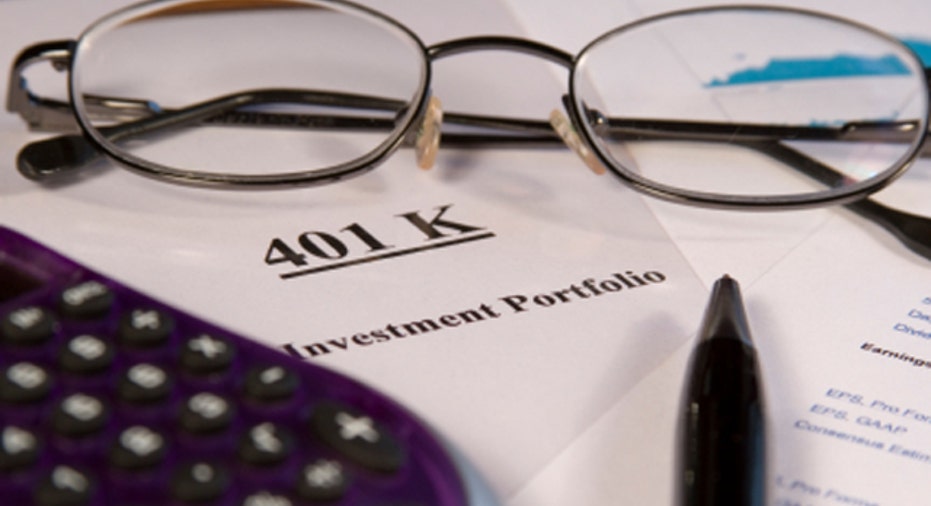Pay Debt With 401(k) Funds to Help My Credit?

Dear Debt Adviser, More than five years ago, I became delinquent on my student loan. I was able to set up a repayment plan that I pay every month, and I have a balance of $6,700 as of today. Since I have been delinquent, my credit score has been low for these five years. I don't foresee my credit score improving until the balance is paid off. I do not have any other debt except my car loan. Would it be a bad idea to get a loan from my 401(k) to pay the balance? I really want my credit score to change because I want to buy a house. I don't think I can wait another five years, until I pay the balance on my school loan, to buy a house. -- Joyce
Dear Joyce, It would not be a bad idea to take the money from your 401(k) to pay off your student loan -- it would be a really bad idea!
Let me count the ways. First, you will lose any investment gains or compounding interest on the amount borrowed, which you can never make up. Second, if you get laid off or leave your employer for a great opportunity elsewhere, the loan on your 401(k) would come due immediately. That means you must replace the money right away or, unless you are 55 or older, pay taxes on the amount you took out plus a 10% penalty for the privilege of an early withdrawal. So, the $6,700 you borrowed will wind up costing you about $9,000. Third, paying the balance of your school loan won't improve your credit score as much or as quickly as you might think.
You don't say how long ago it was that you set up a repayment plan. But the fact that you are currently paying what you owe as agreed in the repayment plan is a positive for your credit report. The initial delinquency will affect your score less and less as you continue to make on-time payments. The impact from the delinquent account will fade within two years from when you started paying regularly.
What you may need to do to boost your credit score is add some positive accounts to your credit file, such as a revolving credit account or two. You state you have a car loan, and I presume you are paying it on time and as agreed. That type of positive installment loan can help improve your credit score, but you also need to illustrate that you can handle a revolving account like a credit card.
You can visit MyFico.com to learn more about how your credit score is calculated and how to bring up your score. Your traditional FICO credit score is determined based on your payment history (35%); amounts owed (30%); length of credit history (15%); new credit (10%); and types of credit used (10%).
To get a picture of where you stand as a potential mortgage applicant, I suggest you consider obtaining free copies of your credit reports from AnnualCreditReport.com. Requesting them will not lower your score. Next, take them to a loan officer at the bank or credit union where you have an existing relationship. Let your banker know that you are interested in buying a house in the future, and find out how you need to work on your credit in order to qualify for an affordable home loan. I believe you will be pleasantly surprised at the answer.
Good luck.
Bankrate's content, including the guidance of its advice-and-expert columns and this website, is intended only to assist you with financial decisions. The content is broad in scope and does not consider your personal financial situation. Bankrate recommends that you seek the advice of advisers who are fully aware of your individual circumstances before making any final decisions or implementing any financial strategy. Please remember that your use of this website is governed by Bankrate's Terms of Use.



















